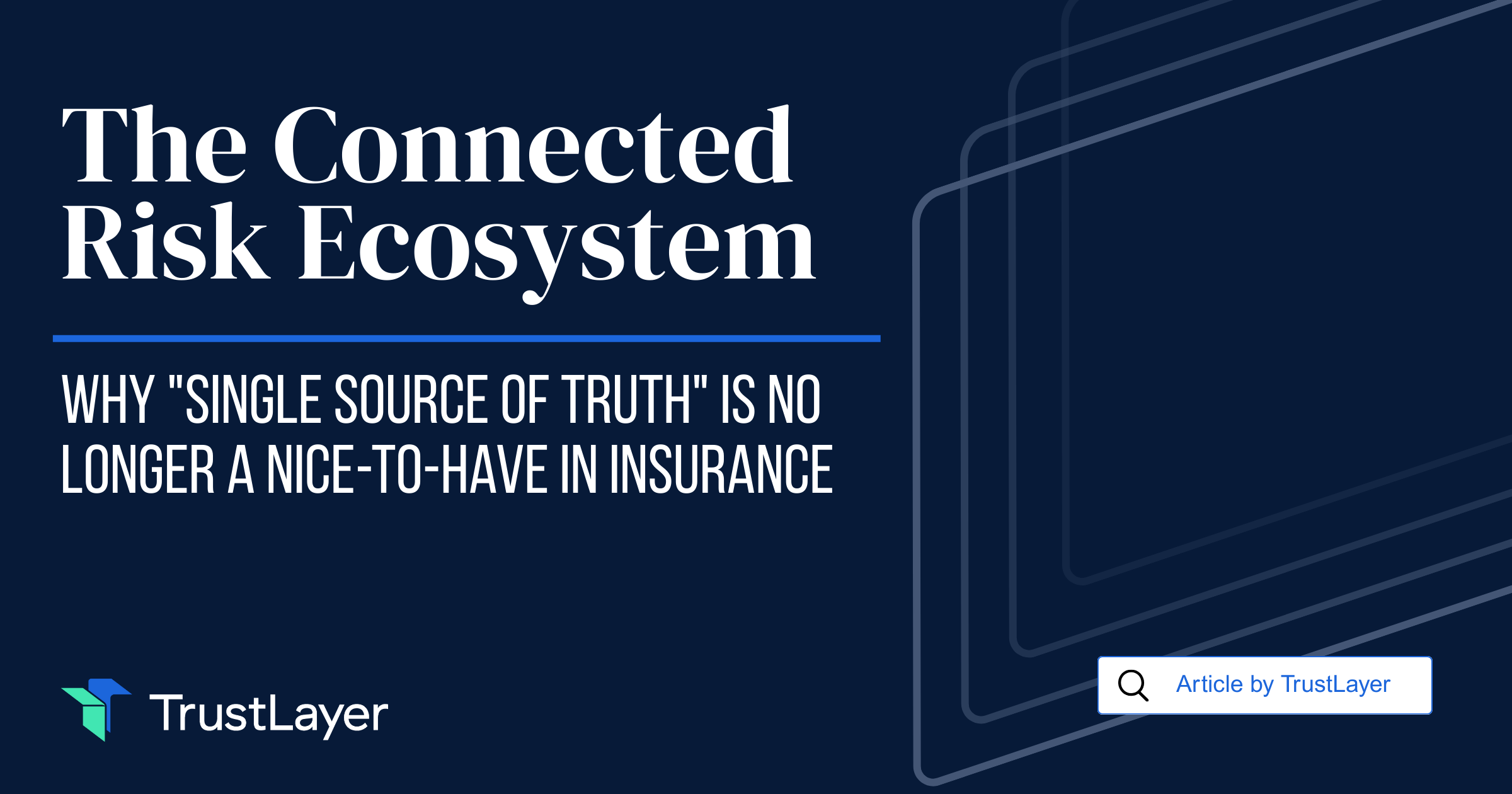Benefits of Full-Service Solution

In an increasingly complex business landscape, companies continually seek ways to streamline their operations, enhance efficiency, and improve customer satisfaction. One approach that has gained significant traction is the adoption of full-service solutions. These comprehensive offerings provide a one-stop shop for various business needs, ranging from marketing and IT to customer service and logistics. This article examines the numerous benefits of full-service solutions, exploring how they can enhance business operations and drive growth.
Understanding Full-Service Solutions
Before diving into the benefits, it's essential to understand what a full-service solution entails. It is an integrated approach that combines multiple services under one umbrella. This can include everything from strategy development to execution, allowing businesses to outsource significant portions of their operations. By leveraging a full-service solution, organizations can focus on their core competencies while leaving specialized tasks to experts.
What Services Are Included?
Full-service solutions can encompass a wide range of services tailored to meet the unique needs of a business. Common offerings include:
- Marketing and advertising
- IT support and infrastructure
- Customer service management
- Logistics and supply chain management
- Consulting and strategic planning
This variety allows businesses to select the services that best align with their goals, ensuring a customized approach to their operational needs. For instance, a startup may prioritize marketing and customer service management to build its brand and establish a loyal customer base. In contrast, a more established company might focus on logistics and IT support to streamline its operations and enhance efficiency. The flexibility inherent in full-service solutions enables businesses to adjust their service mix as they grow and evolve, ensuring they remain competitive in an ever-changing market landscape.
The Role of Technology
Technology plays a pivotal role in the effectiveness of full-service solutions. Many providers leverage advanced software and tools to enhance service delivery. This can include customer relationship management (CRM) systems, project management software, and data analytics platforms. By integrating these technologies, full-service providers can offer more efficient and effective solutions, ultimately benefiting their clients. Furthermore, the use of automation tools can significantly reduce the time spent on repetitive tasks, allowing teams to concentrate on strategic initiatives that drive growth. As businesses increasingly rely on data-driven decision-making, the ability to analyze trends and customer behaviors through sophisticated analytics becomes a game-changer, enabling organizations to tailor their offerings and marketing strategies with precision.
Moreover, the rise of cloud computing has transformed the delivery of full-service solutions. With cloud-based platforms, businesses can access services and resources from anywhere, promoting flexibility and collaboration among teams, regardless of their geographical locations. This not only enhances productivity but also allows for seamless communication between service providers and clients. As remote work continues to gain traction, the importance of having a robust, integrated full-service solution that can adapt to these new working environments cannot be overstated. By harnessing the power of technology, companies can ensure they remain agile and responsive to market demands, ultimately leading to sustained success.
Cost Efficiency
One of the most significant advantages of adopting a full-service solution is cost efficiency. Managing multiple vendors can be expensive and time-consuming. By consolidating services under a single provider, businesses can often reduce overhead costs. This streamlined approach not only enhances budgeting accuracy but also allows for better forecasting of expenses, as companies can anticipate costs more effectively when they have a single provider to work with.
Reduced Administrative Burden
When companies work with multiple vendors, they face increased administrative tasks, such as contract management, invoicing, and communication. A full-service solution simplifies this process by providing a single point of contact. This not only saves time but also reduces the likelihood of miscommunication and errors. Moreover, with fewer vendors to manage, teams can focus their efforts on core business activities, leading to improved productivity and employee morale. The reduction in administrative burden can also enable staff to engage in more strategic initiatives, fostering innovation and growth.
Economies of Scale
Full-service providers often benefit from economies of scale, allowing them to offer competitive pricing. By pooling resources and leveraging their expertise across various clients, these providers can deliver high-quality services at a lower cost. This financial advantage can be particularly beneficial for small to medium-sized enterprises looking to maximize their budgets. Additionally, these providers can invest in advanced technologies and training, further enhancing service quality and efficiency. As a result, clients not only save money but also gain access to cutting-edge solutions that might otherwise be out of reach, enabling them to stay competitive in a rapidly evolving marketplace.
Enhanced Focus on Core Competencies
Outsourcing non-core functions through a full-service solution enables businesses to focus on their core competencies. By delegating specialized tasks to experts, organizations can allocate more resources to their primary objectives, driving innovation and growth. This strategic approach not only streamlines operations but also enables a more agile business model, allowing companies to quickly adapt to market changes without being hindered by ancillary responsibilities. As a result, firms can enhance their overall performance and remain relevant in an ever-evolving landscape.
Improved Productivity
When employees are relieved of the burden of managing multiple vendors or handling tasks outside their expertise, their productivity tends to increase. With a more explicit focus on core responsibilities, teams can work more efficiently, resulting in improved outcomes and increased employee satisfaction. Additionally, this shift in focus often leads to a more engaged workforce, as employees feel empowered to contribute to the company's primary goals. By fostering a culture of specialization, organizations can leverage the unique skills of their workforce, ultimately achieving better results and enhancing team dynamics.
Encouraging Innovation
With more time and resources available, businesses can invest in research and development, explore new markets, and innovate their product offerings. This focus on innovation is crucial for staying competitive in today’s fast-paced business environment. Furthermore, by outsourcing non-core functions, companies can leverage the latest technologies and industry best practices that specialized vendors bring to the table. This not only accelerates the innovation process but also reduces the risks associated with in-house development. As businesses collaborate with external experts, they can gain fresh perspectives and insights that can lead to breakthrough ideas and solutions, positioning them favorably against
competitors.
Access to Expertise
Full-service solutions provide businesses with access to a wealth of expertise that may not be available in-house. This can be particularly advantageous for organizations lacking specialized knowledge in certain areas. By leveraging external expertise, companies can navigate complex challenges more effectively and stay competitive in their respective markets. Moreover, this access can help businesses scale their operations without the burden of extensive recruitment processes, allowing them to focus on their core competencies while experts handle specialized tasks.
Specialized Knowledge and Skills
Full-service providers often employ teams of experts with specialized knowledge in various fields. This means businesses can benefit from the latest industry trends, best practices, and innovative strategies without the need to hire additional staff. Access to such expertise can lead to more effective decision-making and improved overall performance. For instance, a marketing firm might utilize data analytics specialists to refine their campaigns, ensuring that resources are allocated efficiently and that the messaging resonates with target audiences. This strategic advantage can significantly enhance a company's market positioning and customer engagement.
Continuous Learning and Development
Working with a full-service provider can also foster a culture of continuous learning within an organization. Employees can gain insights and knowledge from experts, enhancing their skills and competencies. This not only benefits the individual employees but also contributes to the overall growth and development of the organization. Additionally, organizations can implement training sessions led by these experts, which can be tailored to address specific challenges or areas for improvement. Such initiatives not only boost employee morale but also create a more agile workforce that is better equipped to adapt to changing market dynamics.
Furthermore, collaboration with full-service providers can lead to the establishment of mentorship programs, allowing employees to engage directly with industry leaders. This interaction can inspire innovation and creativity within teams, as employees are exposed to different perspectives and problem-solving approaches. As a result, organizations can cultivate a more dynamic and resilient workplace culture, ultimately driving long-term success and sustainability.
Improved Customer Experience
In today’s competitive market, delivering an exceptional customer experience is vital for success. Full-service solutions can significantly enhance how businesses interact with their customers. As consumers become more discerning, the expectation for seamless and engaging interactions continues to rise. Companies that prioritize customer experience not only build stronger relationships but also differentiate themselves from competitors, making it a key driver of growth and sustainability across all industries.
Streamlined Communication
By consolidating services, full-service providers can ensure that communication with customers is more streamlined and cohesive. This can lead to quicker response times and a more consistent brand message, ultimately improving customer satisfaction. For example, integrating various communication channels—such as email, chat, and social media—into a single platform allows businesses to respond to inquiries more efficiently. Furthermore, this unified approach enables customer service representatives to access a comprehensive view of customer interactions, leading to more informed and relevant conversations that enhance the overall experience.
Personalized Services
Full-service solutions often come with the ability to tailor services to meet the individual needs of each customer. By leveraging data analytics and customer insights, providers can create personalized experiences that resonate with clients, fostering loyalty and repeat business. This personalization can extend beyond mere recommendations; it can include customized marketing messages, exclusive offers based on purchase history, and even personalized follow-ups that make customers feel valued and appreciated. As businesses harness the power of artificial intelligence and machine learning, they can anticipate customer preferences and proactively address their needs, further enhancing the sense of connection and satisfaction.
Moreover, the implementation of feedback loops is crucial in this context. By actively seeking and analyzing customer feedback, businesses can continuously refine their offerings and address any pain points that may arise. This not only demonstrates a commitment to improvement but also empowers customers by giving them a voice in the services they receive. As a result, companies can cultivate a culture of transparency and responsiveness, which is essential for building trust and long-term relationships with their clientele.
Scalability and Flexibility
As businesses grow and evolve, their needs may change. Full-service solutions offer the scalability and flexibility required to adapt to these changes seamlessly. With the right partner, organizations can leverage a wide range of services that can be scaled up or down based on their current requirements, ensuring they are never overextended or under-resourced.
Adapting to Market Changes
In a dynamic business environment, the ability to pivot quickly is crucial. Full-service providers can adjust their offerings in response to market trends and client needs, ensuring that businesses remain competitive and relevant. For instance, during economic downturns, these providers can help companies to streamline operations and reduce costs without sacrificing quality. Conversely, in times of growth, they can ramp up resources and services to meet increased demand, whether it’s through enhanced customer service capabilities or expanded product lines.
Supporting Growth Initiatives
Whether a company is looking to expand into new markets or launch new products, full-service solutions can provide the necessary support. This might include marketing campaigns, logistical support, or IT infrastructure, all tailored to facilitate growth. Moreover, these solutions often come with access to expert consultants who can provide insights into best practices and innovative strategies that align with the company’s vision. By utilizing data analytics and market research, full-service providers can help identify potential expansion opportunities, ensuring that businesses are making informed decisions that maximize their chances of success.
Additionally, as businesses venture into new territories, they may encounter unique challenges such as regulatory compliance or cultural differences. Full-service solutions can provide localized support, enabling companies to navigate these complexities with ease. This localized expertise not only mitigates risks but also enhances the likelihood of successful market entry, allowing businesses to establish a strong foothold in new regions. By integrating these comprehensive services, companies can focus on their core competencies while entrusting their operational intricacies to their full-service partners, thereby fostering a more efficient and effective growth strategy.
Risk Management
Engaging a full-service provider can also help mitigate risks associated with various business functions. By outsourcing to experts, organizations can reduce the likelihood of errors and improve compliance with industry regulations.
Compliance and Regulatory Support
Many industries are subject to strict regulations that can be challenging to navigate. Full-service providers often have a deep understanding of these requirements and can ensure that businesses remain compliant, reducing the risk of costly penalties.
Mitigating Operational Risks
Outsourcing certain functions can also help mitigate operational risks. For example, a full-service IT provider can implement robust cybersecurity measures to protect sensitive data. This proactive approach can prevent potential breaches and ensure business continuity.
Conclusion
The benefits of full-service solutions are numerous and varied, making them an attractive option for businesses looking to enhance efficiency, reduce costs, and improve customer satisfaction. By consolidating services under one provider, organizations can focus on their core competencies while leveraging the expertise of specialists. This not only drives productivity and innovation but also fosters a better customer experience and supports growth initiatives.
As businesses continue to navigate an ever-changing landscape, the adoption of comprehensive solutions may be the key to achieving long-term success. Whether it's through improved cost efficiency, access to specialized knowledge, or enhanced scalability, the advantages are clear. Embracing this approach can empower organizations to thrive in today's competitive market.
Ready to elevate your risk management and ensure compliance with unparalleled efficiency? TrustLayer is revolutionizing the way companies handle certificates of insurance and compliance documents. Say goodbye to the manual, time-consuming processes, and embrace the future with our automated, cutting-edge solution. Join the ranks of modern risk managers who are leveraging TrustLayer to streamline their operations and focus on growth. Don't let outdated practices hold you back. Set up a time to talk with our team and discover how TrustLayer can transform your business with our full-service solution for risk management.
















